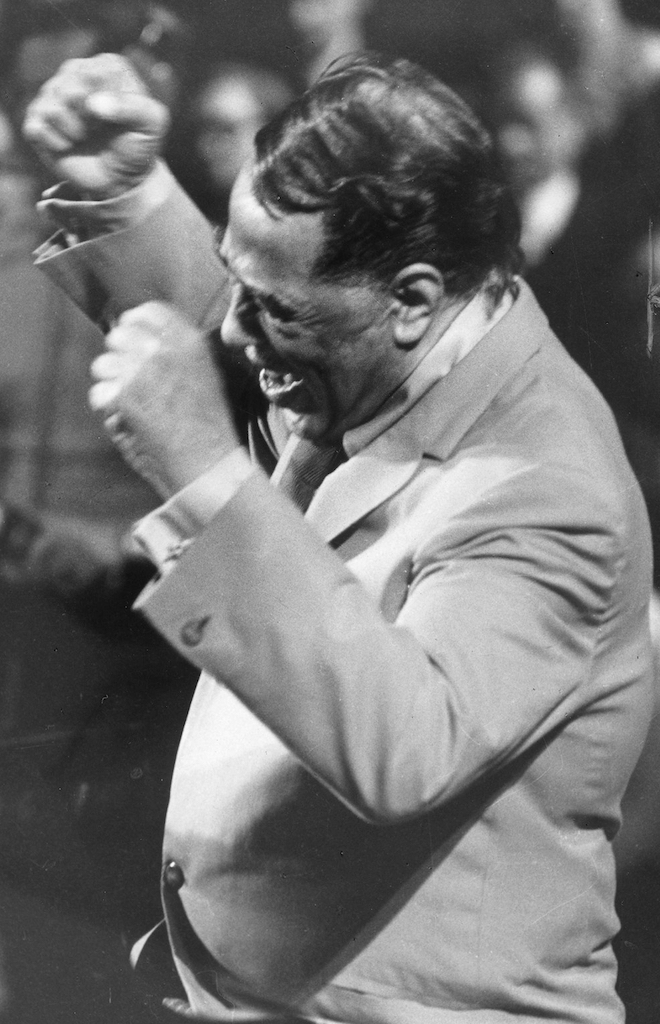This is a report of a seminar held at Indiana University in 1969 to explore the topic of Black Music. It documents talks by Lena McLin (Black music in church and school), John Hammond (An experience in jazz history), Thomas Jefferson Anderson, Hale Smith and Oily Wilson (Black composers and the avant-garde), Verna Arvey (Negro dance) and William Grant Still (a composer’s viewpoint). With a selected list of scores, recordings, films, books and articles it was an attempt towards defining Black Music and its sources and role in in cultural American life.
It makes good reading and the endeavour was obviously an honest one, but I found the selected scores and recordings a little odd. Duke Ellington’s scores do not rate a single mention, yet J.J. Johnson has nine of his listed, John Lewis seven. In the recordings there are no less than 77 listed by Mingus, 54 by Monk, 49 by Charle Parker and both J.J. Johnson and Miles Davis have over forty apiece – but not one by Duke! One wonders who made the selections – the author?
All the talks are extremely authoritive, with John Hammond’s ‘Experience in Jazz History’ as erudite as one would expect from a man of his vast knowledge of jazz. But I question his memory on one or two points. The Negro show he saw at the London Pavilion in 1923, and which stirred him deeply, was ‘Blackbirds 1923’, not ‘From Dixieland to Broadway’ as he states. Again, he may have heard Bechet in London around this period, as he played the Embassy Club with Peyton’s Jazz Kings, but he certainly wasn’t with the pit band at the Pavilion playing baritone saxophone.
Also, John gets his lines crossed in reference to Mamie Smith’s first recording and those by Bessie Smith. Bechet wasn’t with Mamie, and he has his dates well mixed for the Bessie recordings – which he says influenced his whole life. But never mind, it isn’t all that important, and John has done so much for jazz it is cruel to cavil when he stubs his toe on the facts. A readable book, nicely produced and bound in hard covers.
Black Music In Our Culture – curricular ideas on the subjects, materials and problems. Edited by Dominique-Rene de Lerma. The Kent State University Press, Kent, Ohio $7.50.
















